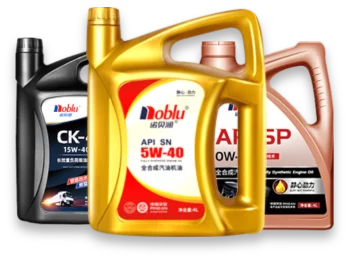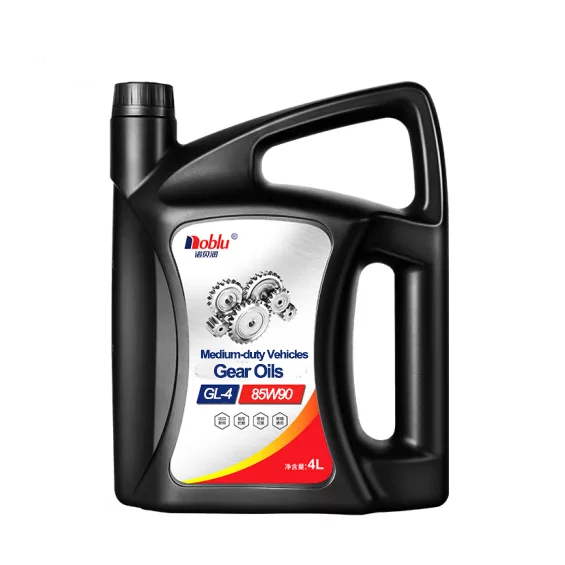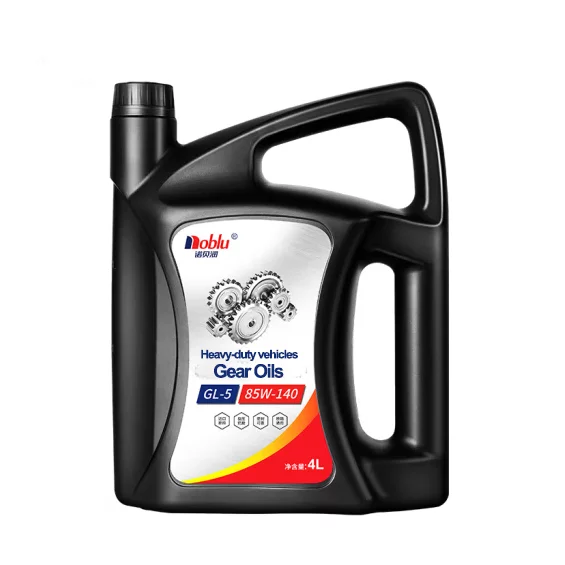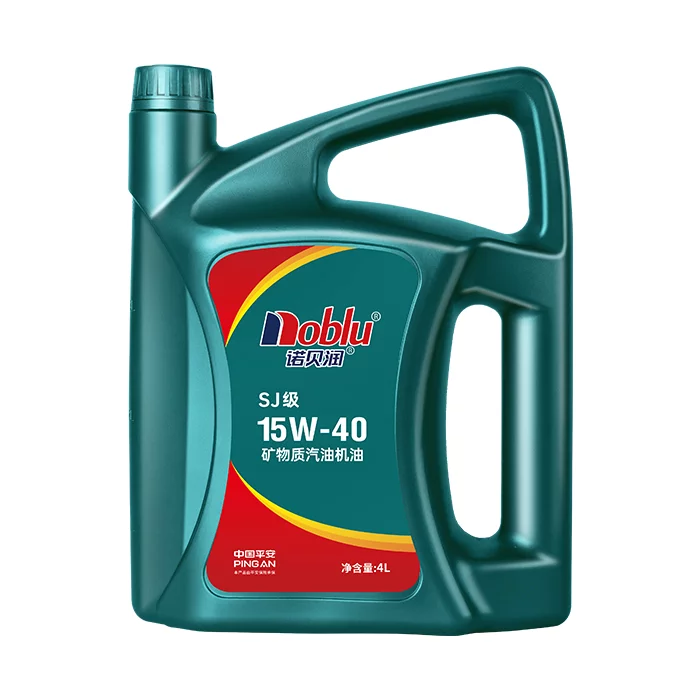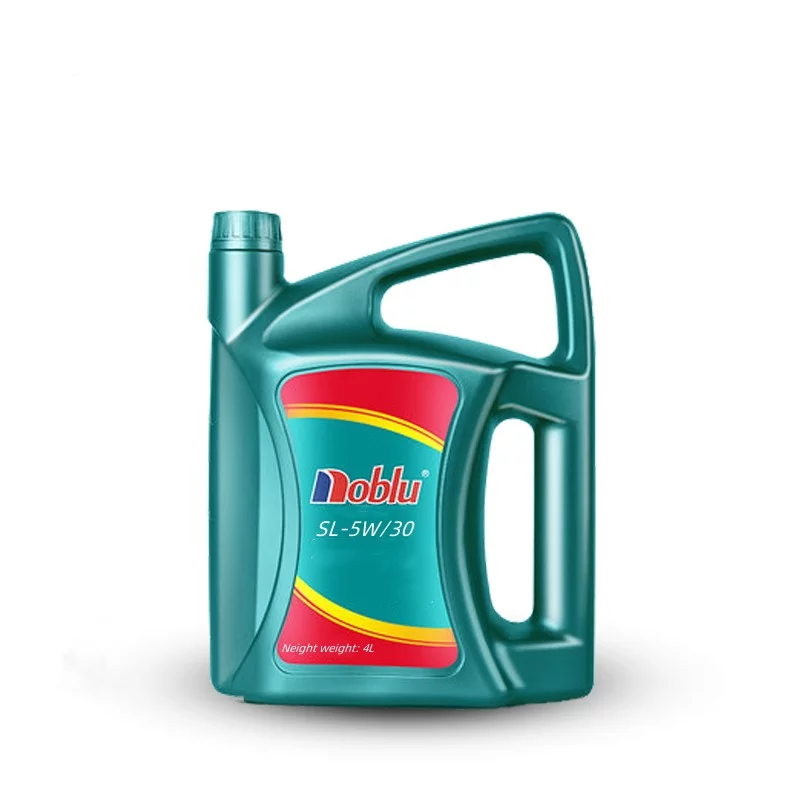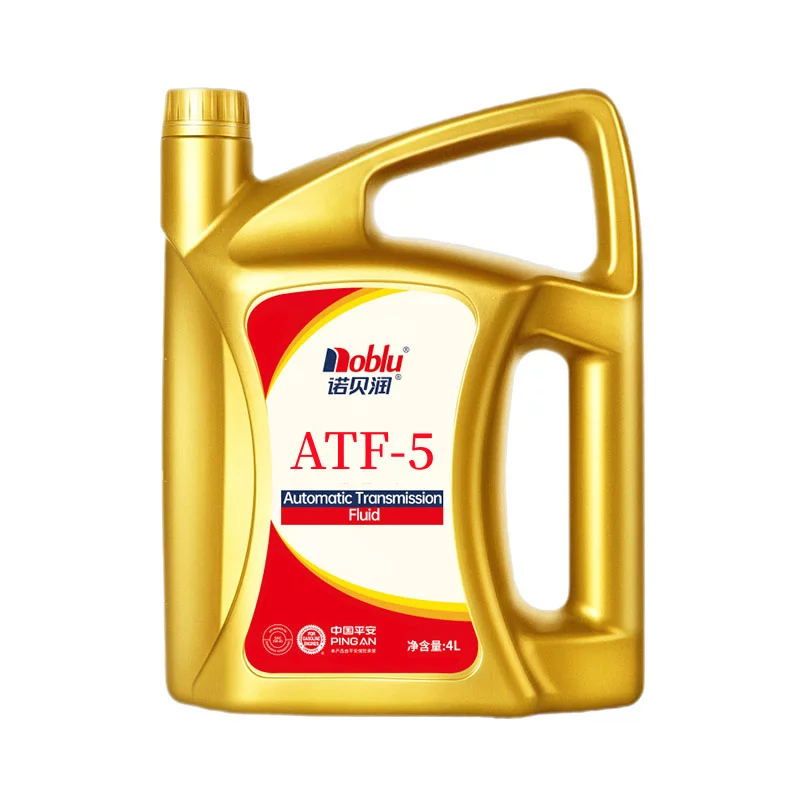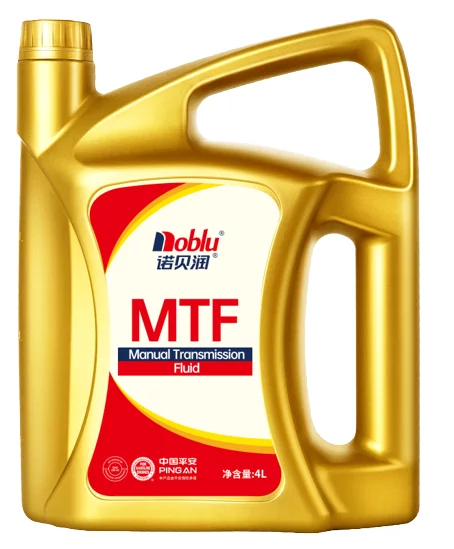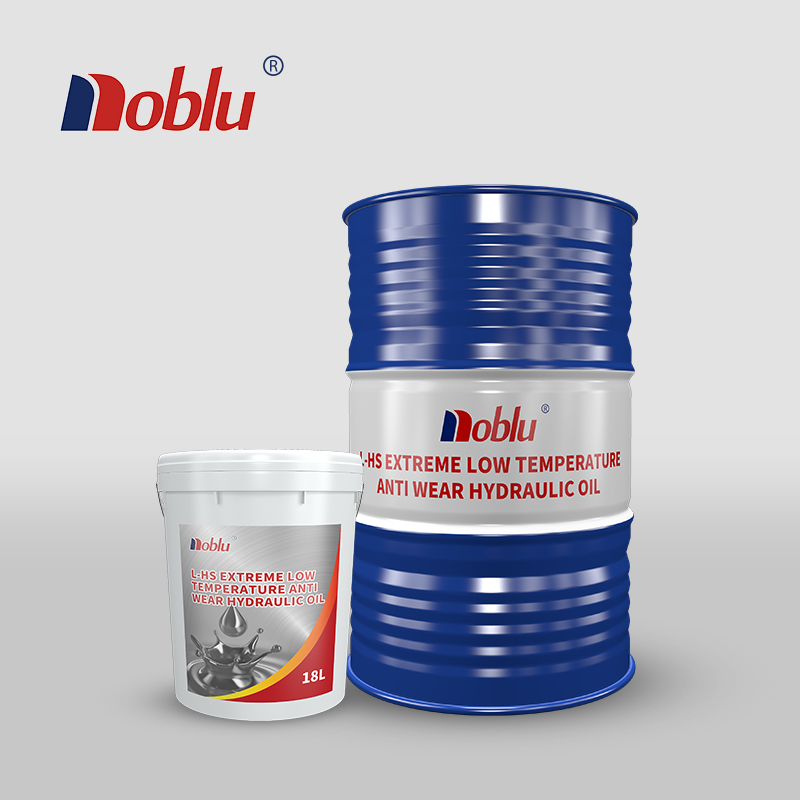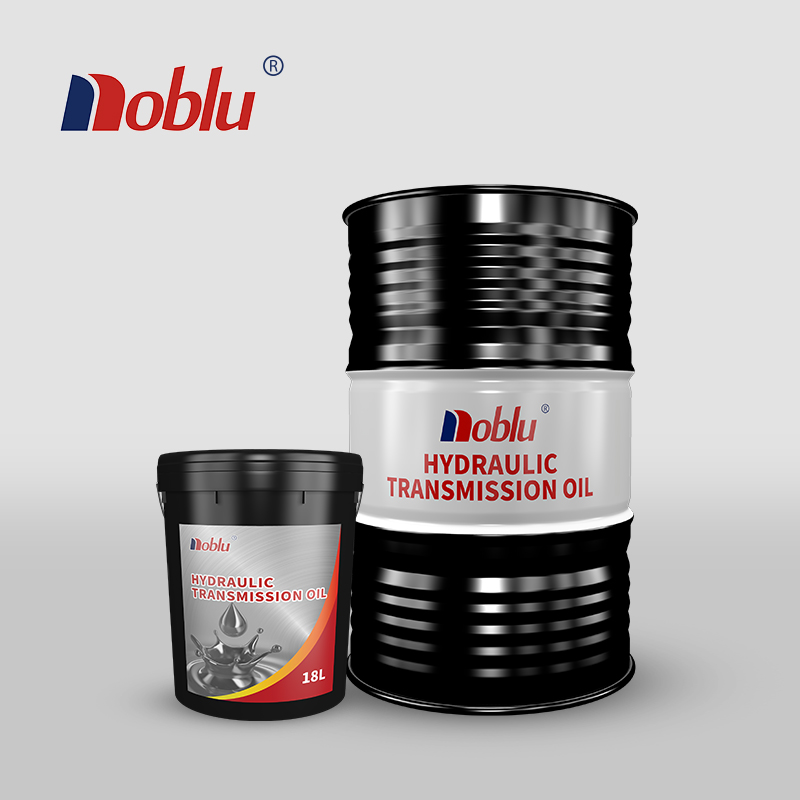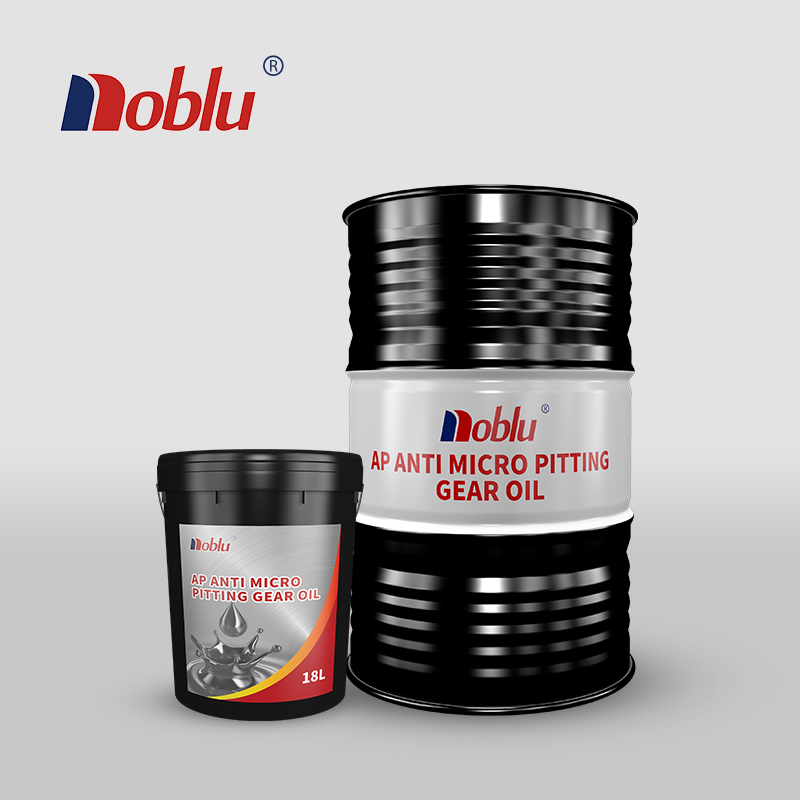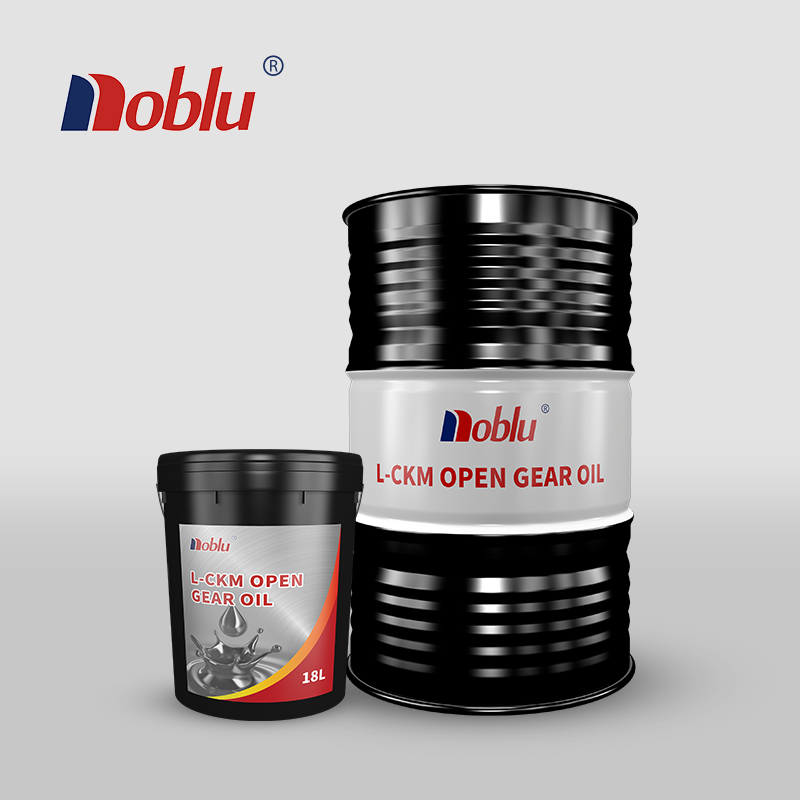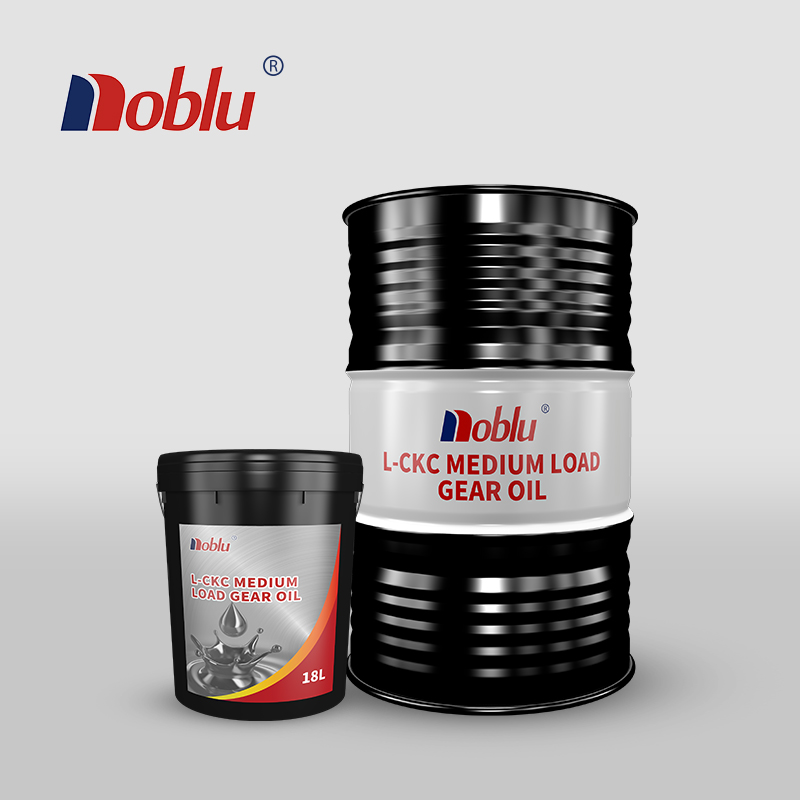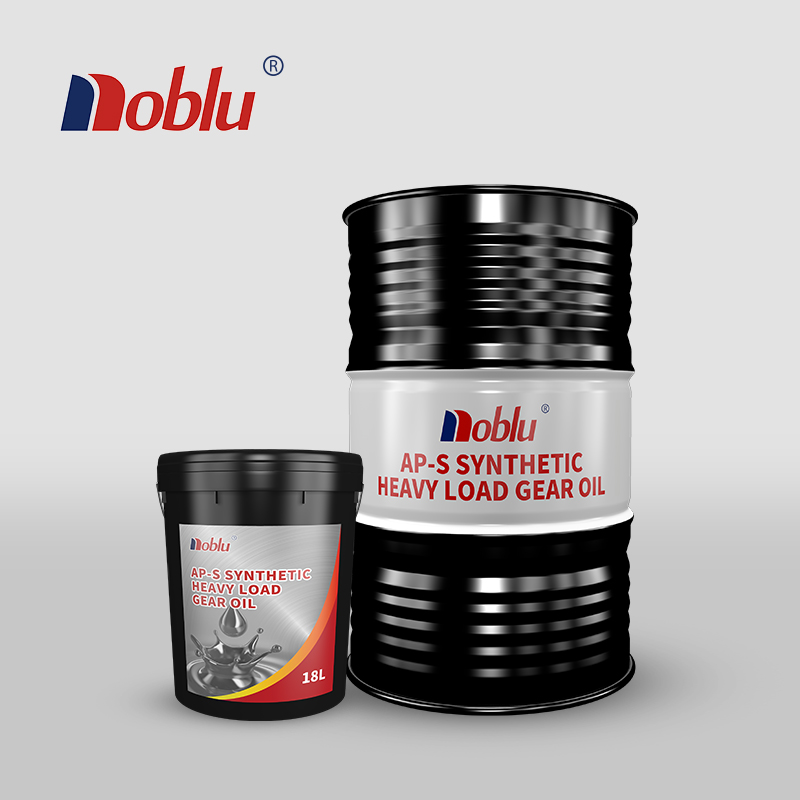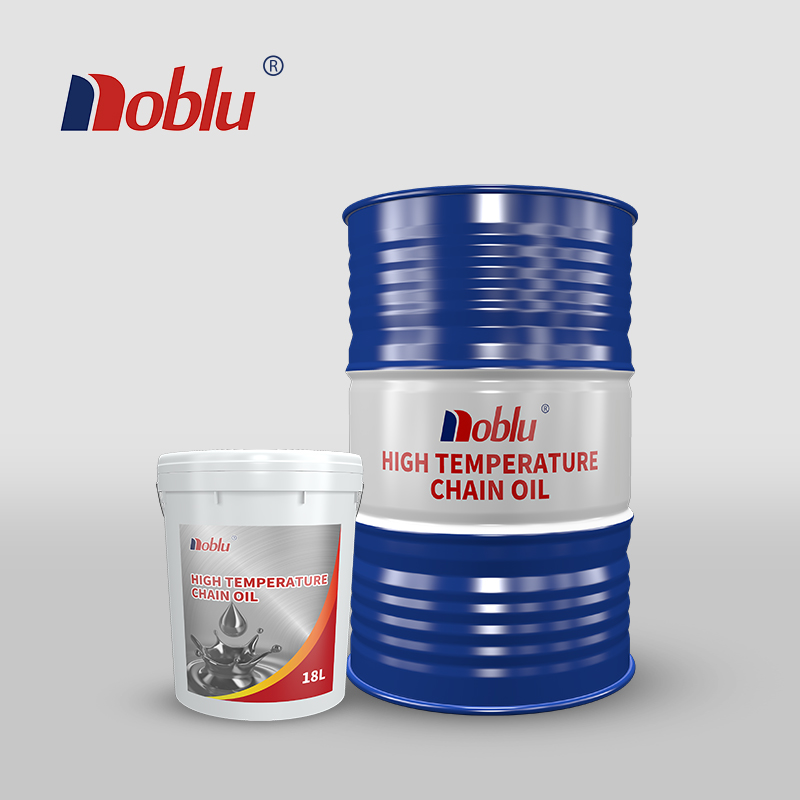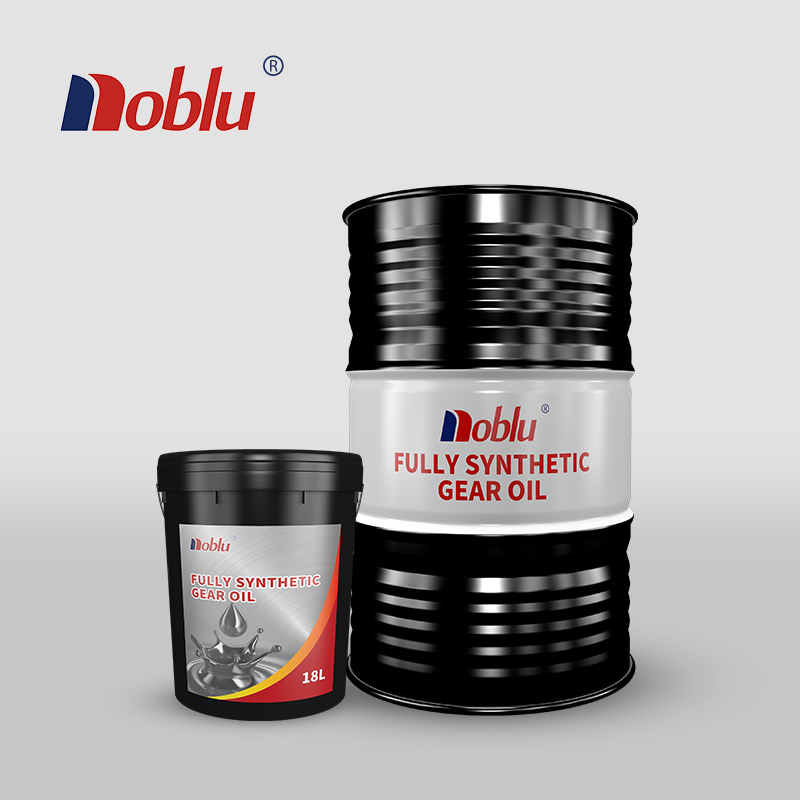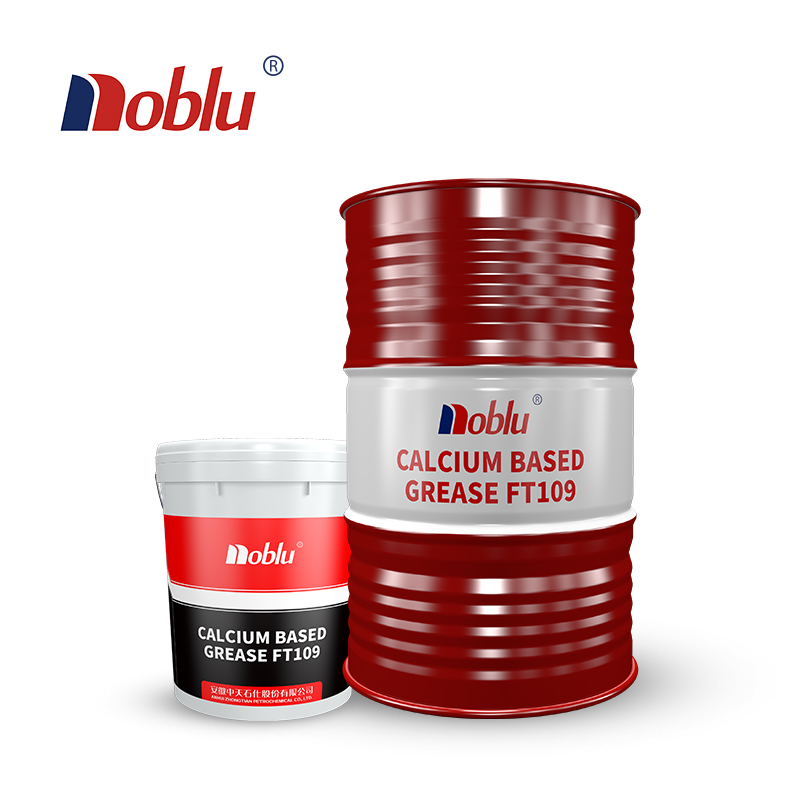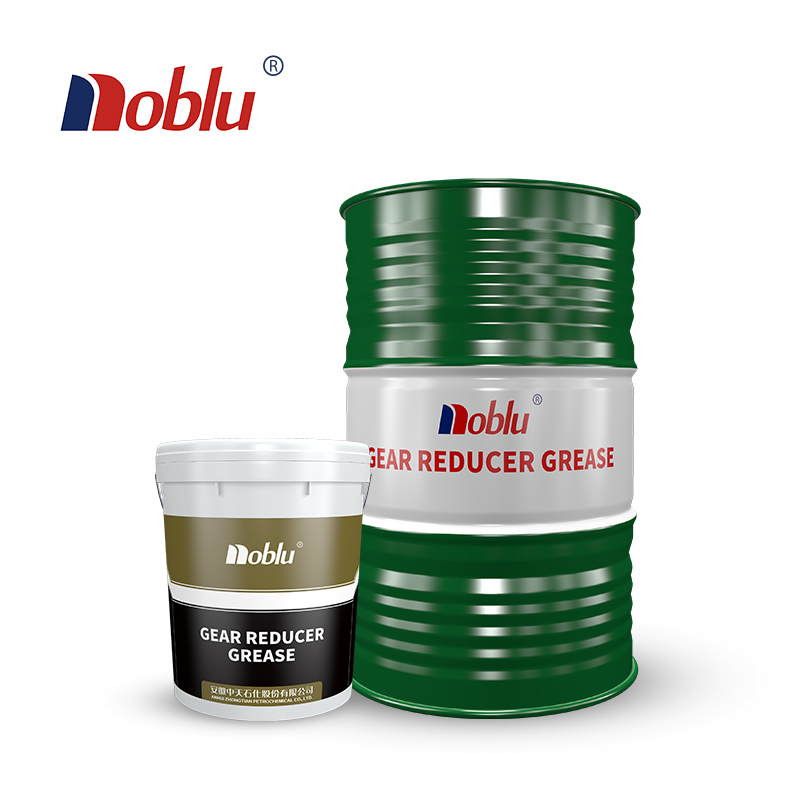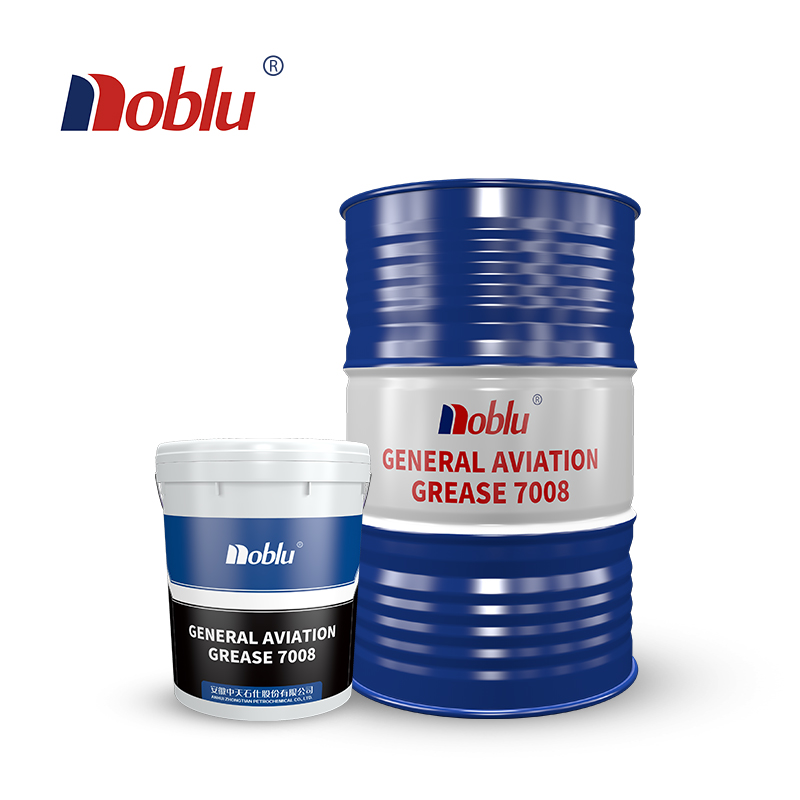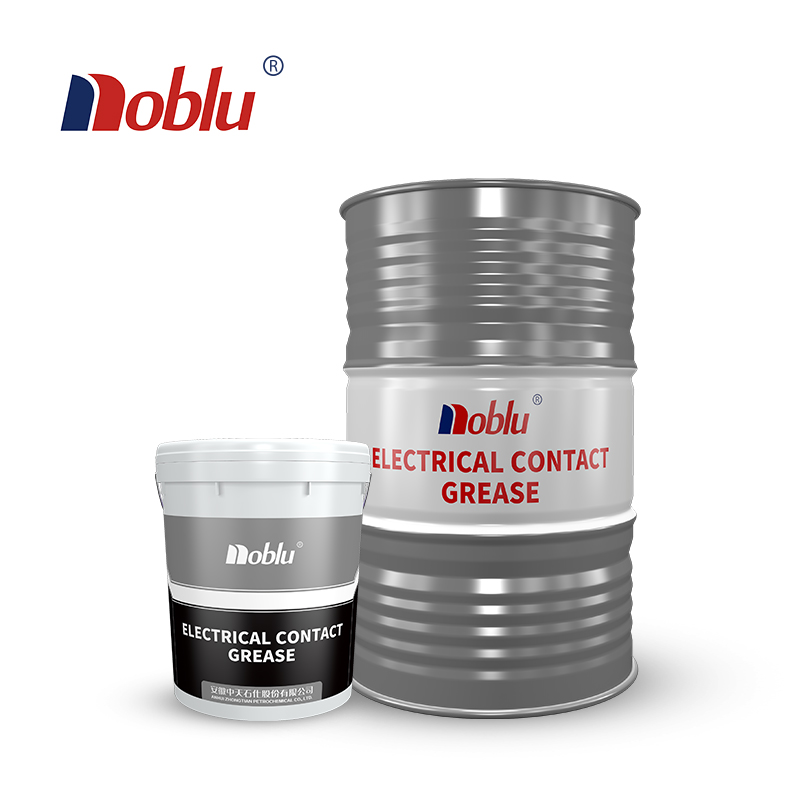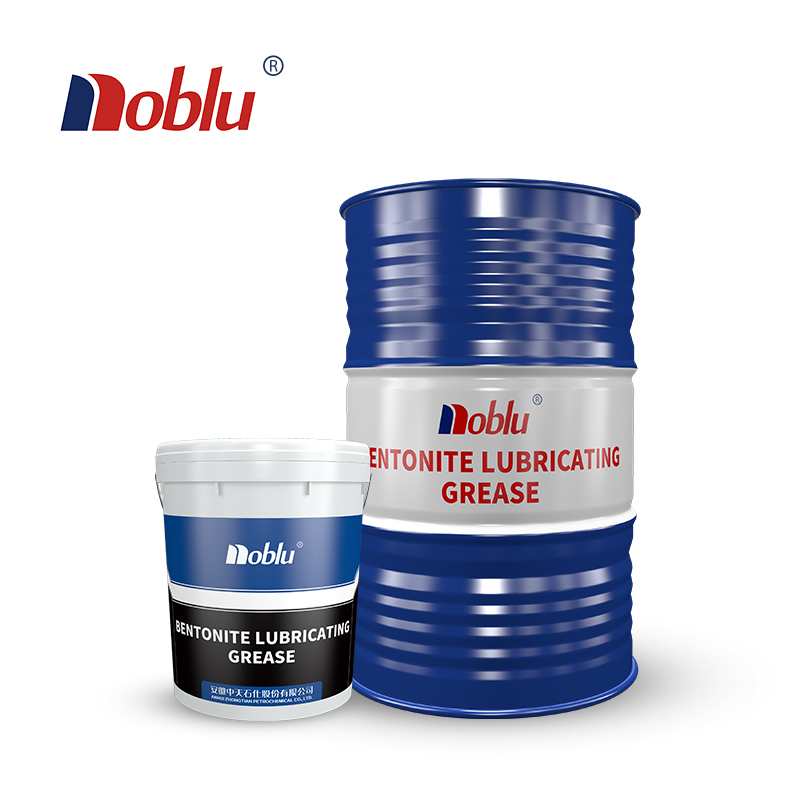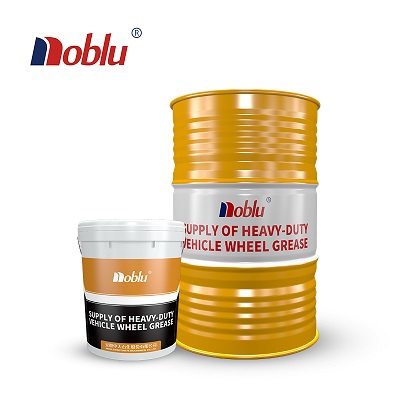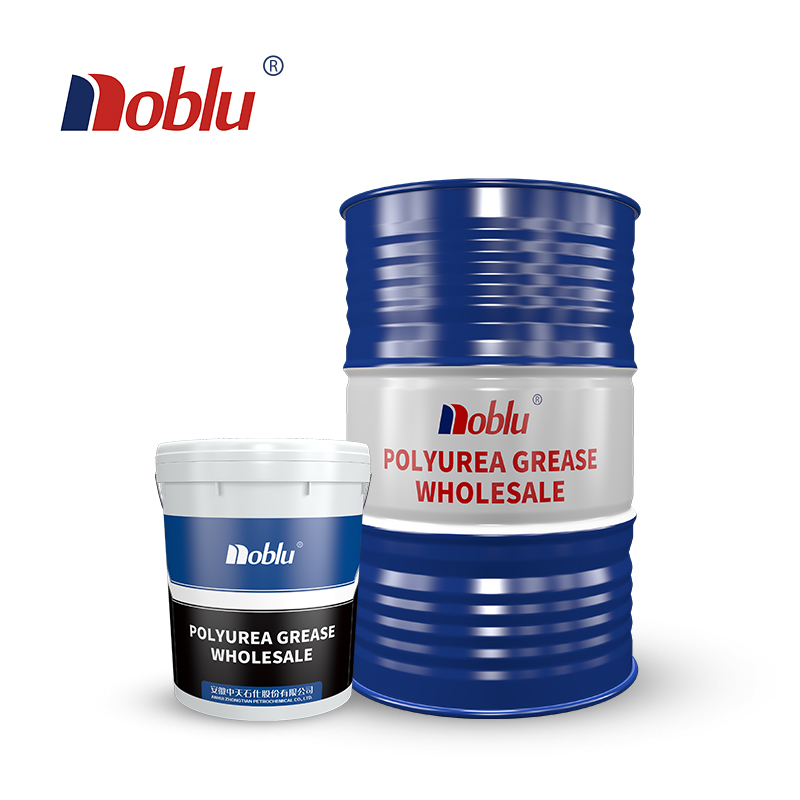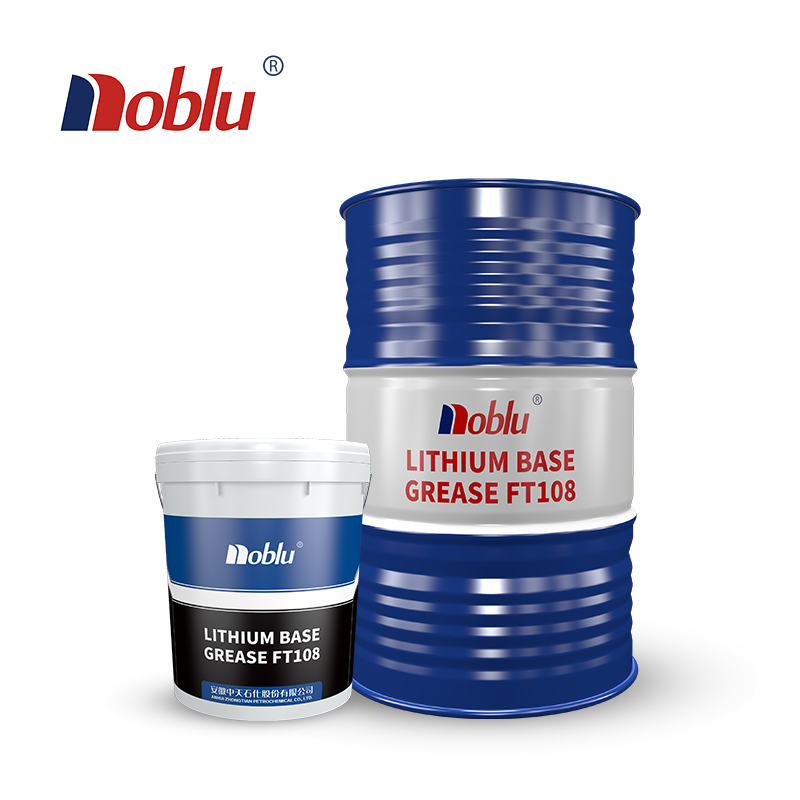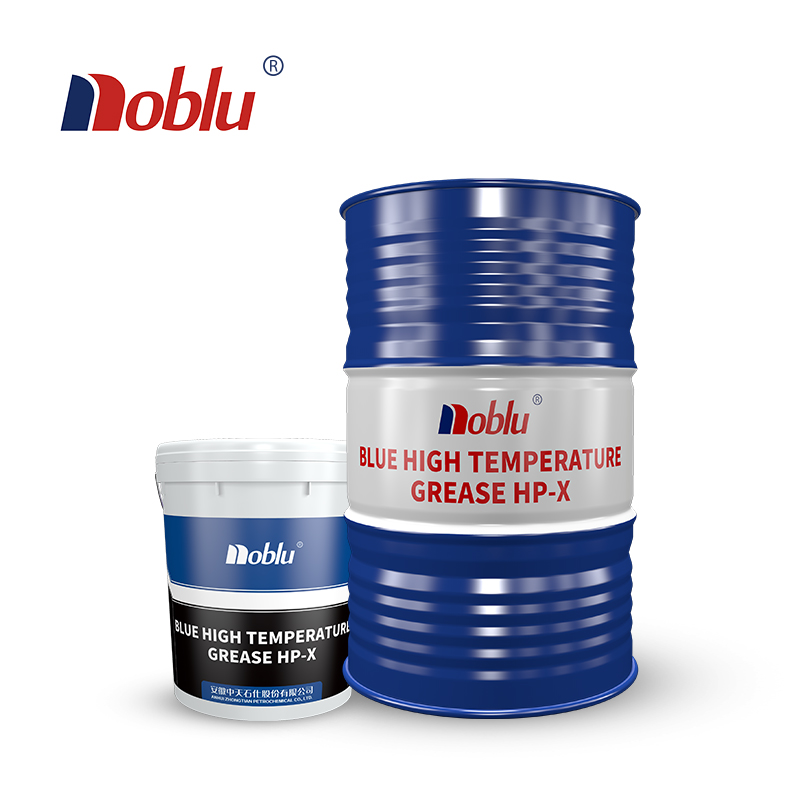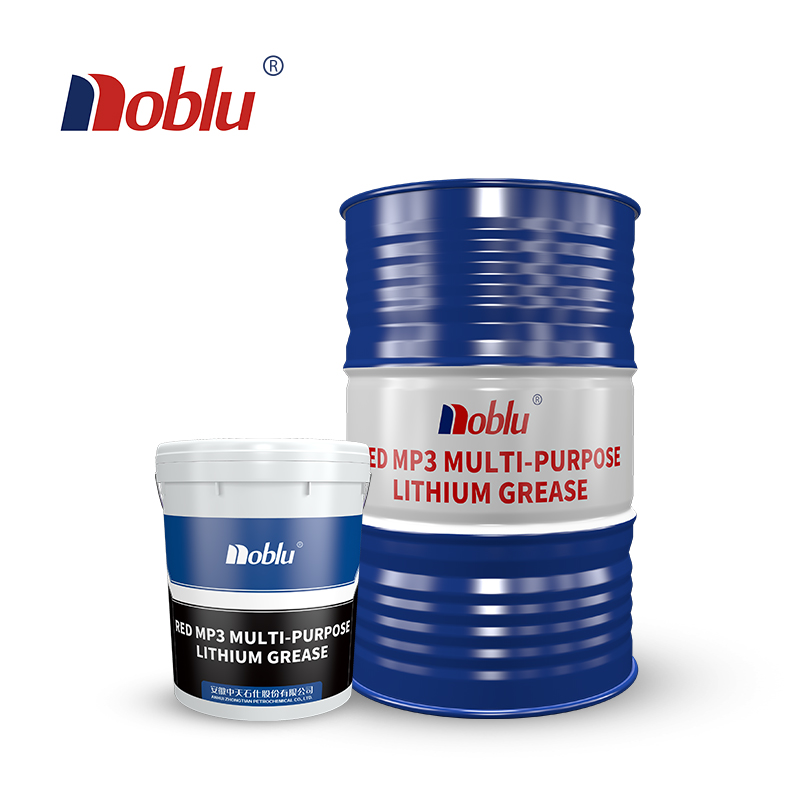Lubricating oil additives play a vital role in improving oil performance. They help optimize engine efficiency, protect machinery, and extend the lifespan of both the lubricant and your equipment. Additives tackle issues like oxidation, friction, and contamination, ensuring your oil performs well in different conditions.
In this article, we’ll look at six essential additives that improve lubricating oil performance. We'll explain how they work and why they're important for various types of machinery, including industrial lubricating oils, automobile oils, and air compressor oils.
1. Antioxidants: Protecting Oil from Damage
What They Do:
Antioxidants are added to lubricating oils to prevent oxidation. Oxidation happens when oil reacts with oxygen, which can create acids, sludge, and carbon deposits. These by-products can thicken the oil, block oil passages, and reduce lubrication. That leads to engine parts wearing out faster and poor oil performance.
How They Work:
Antioxidants neutralize free radicals in the oil, slowing oxidation. This helps keep the oil at the right viscosity, extends its lifespan, and reduces wear on engine parts. They are especially important for oils used in high-temperature environments, like industrial lubricating oils, which endure long periods of stress.
Example:
In air compressor oils, temperature changes can cause faster oxidation. Antioxidants help maintain oil stability and keep everything running smoothly under extreme conditions.
2. Extreme Pressure Additives: Protecting Under Heavy Loads
What They Do:
Extreme pressure (EP) additives are designed to protect metal surfaces under heavy loads or high temperatures. These additives help prevent metal parts from coming into direct contact with each other, which could cause severe damage to gears, bearings, and pistons.
How They Work:
EP additives react chemically with metal surfaces to form a protective layer. This layer helps the metal withstand high pressure and temperature, reducing friction and wear. They’re crucial in automobile lubricating oils et industrial lubricating oils, where parts are under heavy stress.
Example:
In heavy-duty trucks or race cars, EP additives protect engine components during high-stress situations. They help automobile lubricating oils perform under pressure, ensuring that your vehicle runs smoothly, even during tough conditions.
3. Detergent Dispersants: Keeping Oil Clean
What They Do:
Detergent dispersants stop sludge and varnish from forming in lubricating oils. These additives keep oil clean by preventing contaminants from building up, which helps maintain engine efficiency and performance.
How They Work:
Dispersants suspend solid particles, contaminants, and by-products from combustion, keeping them from settling on engine parts. This helps the oil flow freely and reduces the risk of clogging, all while protecting internal components.
Example:
For industrial lubricating oils used in heavy machinery, dispersants are vital. In dusty or polluted environments, they keep contaminants from harming oil performance and ensure your equipment operates smoothly for longer.
4. Oiliness Agents and Friction Modifiers: Reducing Wear and Friction
What They Do:
Oiliness agents and friction modifiers improve the lubrication ability of oils, especially under high pressure. They create a thin protective film on metal surfaces, reducing friction and minimizing wear.
How They Work:
These additives form a barrier that reduces friction between moving parts. The film helps distribute pressure evenly, preventing direct metal contact. This reduces heat and wear, making oiliness agents important for air compressor oils et automobile lubricating oils, where high friction and heavy loads are common.
Example:
In air compressor oils, friction modifiers are crucial for keeping the compressor running smoothly under high-pressure conditions. They reduce wear and maintain efficiency, even in continuous industrial operations.
5. Anti-Foaming Agents: Preventing Foam Build-Up
What They Do:
Anti-foaming agents prevent the formation of foam in lubricating oils. Foam can decrease the oil’s effectiveness by blocking lubrication and heat absorption, which could cause overheating and engine damage.
How They Work:
Anti-foaming agents reduce the surface tension of the oil, preventing air bubbles from forming. They also make foam collapse quickly, ensuring the oil stays stable and performs well.
Example:
In high-speed engines, like those in automobiles, foam can disrupt oil flow and reduce lubrication. Anti-foaming agents keep automobile lubricating oils stable, even in extreme conditions, ensuring proper lubrication and protecting your engine.
6. Other Functional Additives: Enhancing Oil Performance
Lubricating oils may contain various functional additives that improve performance in specific conditions. These include:
6.1 Viscosifiers (Thickeners)
Viscosifiers increase oil viscosity, helping it maintain lubrication at high temperatures. This ensures the oil flows well and provides effective lubrication, even in extreme conditions. Viscosifiers are especially important for industrial lubricating oils used in machinery.
6.2 Corrosion Inhibitors
Corrosion inhibitors prevent rust and corrosion, protecting engine parts from damage. These additives are especially useful for automobile lubricating oils, particularly in regions with high humidity or for vehicles that are stored for long periods.
Optimizing Oil Performance with Zhongtian Petrochemical
À Pétrochimie Zhongtian, we specialize in producing top-quality lubricants that meet the needs of modern engines and machinery. Our range includes industrial lubricating oils, automobile lubricating oils, et air compressor oils, all carefully formulated with advanced additives to maximize performance.
Whether you need lubricants for heavy machinery, high-performance engines, or air compressors, our oils provide superior protection and reliability. By choosing the right oil with the right additives, you can extend engine life, reduce maintenance costs, and increase efficiency.
Visite www.ztshoil.com to explore our full range of lubricants and find out how our advanced oils can keep your equipment running at peak performance.
Additives are key to improving lubricating oil performance. They help boost oil efficiency, reduce wear, prevent oxidation, and extend the life of machinery. Whether you're using industrial lubricating oils, automobile lubricating oils, ou air compressor oils, the right additives make a big difference. At Zhongtian Petrochemical, we provide high-performance lubricants that offer the protection your machinery needs to stay at its best.

